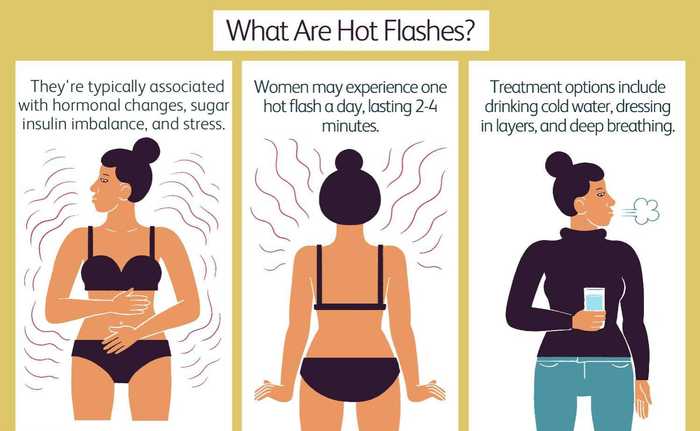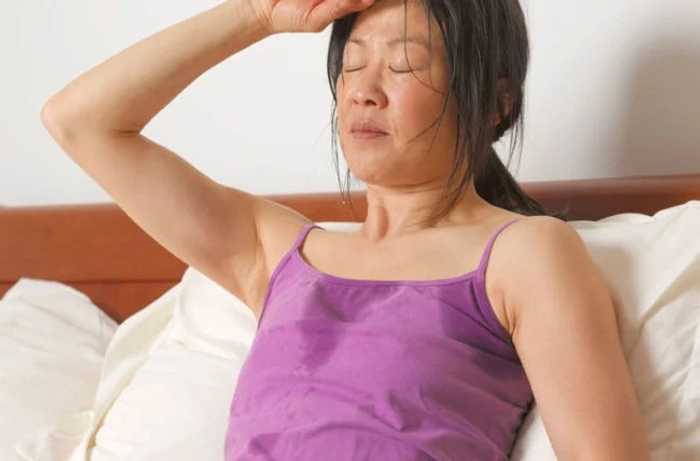Published 09:07 IST, October 9th 2023
A Comprehensive Guide to Menopausal Hot Flashes: Symptoms, Triggers, Causes, Treatment
Explore the world of hot flashes, menopause's common companion. Dr. Anusha Rao P provides insights on symptoms, triggers, and treatment options for relief.
- Health News
- 2 min read
Feeling an unexpected surge of heat in your face and neck? Wondering if it’s just a fleeting sensation or a harbinger of an underlying health issue? Welcome to the world of hot flashes, a common yet mysterious symptom that often accompanies menopause and perimenopause. To shed light on this phenomenon, Republic Digital sat down with Dr. Anusha Rao P, Consultant Obstetrics & Gynaecology at Yashoda Hospitals who explained to us the condition as well as its causes.
What is a Hot Flash?
Dr. Anusha explains, "A hot flash is a sudden, intense sensation of heat that typically starts in the face and neck and can spread throughout the body. It is the most common symptom of menopause, known as vasomotor symptoms. While the exact cause remains elusive, it is often associated with a drop in estrogen levels and changes in the brain's temperature regulation."

(Hot flashes feels sudden sensation of heat in face and neck | Image: X)
How Does It Feel and How Long Does It Last?
Describing the sensation as a wave of heat leading to sweating, flushed face, and sometimes a rapid heartbeat, Dr. Anusha details the variability in individual experiences. Night sweats, occurring during sleep, can disrupt rest. The duration of hot flashes is diverse, ranging from a few months to over a decade, with an average duration of around 7 years. Fortunately, they tend to wane in frequency and intensity over time.
Symptoms and Triggers
"Common symptoms include sudden warmth, flushing, sweating, and occasionally, palpitations," says Dr. Anusha. Avoiding triggers such as spicy foods, caffeine, alcohol, and stress can reduce frequency and severity. Dressing in layers, staying in a cool environment, and stress management through relaxation techniques are also beneficial.

(Hot flashes symptoms are sweating, flushed face | Image: X)
Treatment Options
Dr. Anusha outlines treatments, "Options include hormone therapy to replace declining hormones, and non-hormonal medications like SSRIs or SNRIs. Alternative therapies like acupuncture, herbal supplements, and lifestyle changes are also considered."
Final Words on Hot Flashes
She concludes by emphasising that hot flashes are a common, albeit bothersome, symptom during menopause. If these flashes significantly impact your quality of life, seeking consultation with a gynaecologist for personalised treatment options is crucial. Understanding and managing hot flashes is a key aspect of embracing the transformative journey through menopause.
Updated 09:07 IST, October 9th 2023